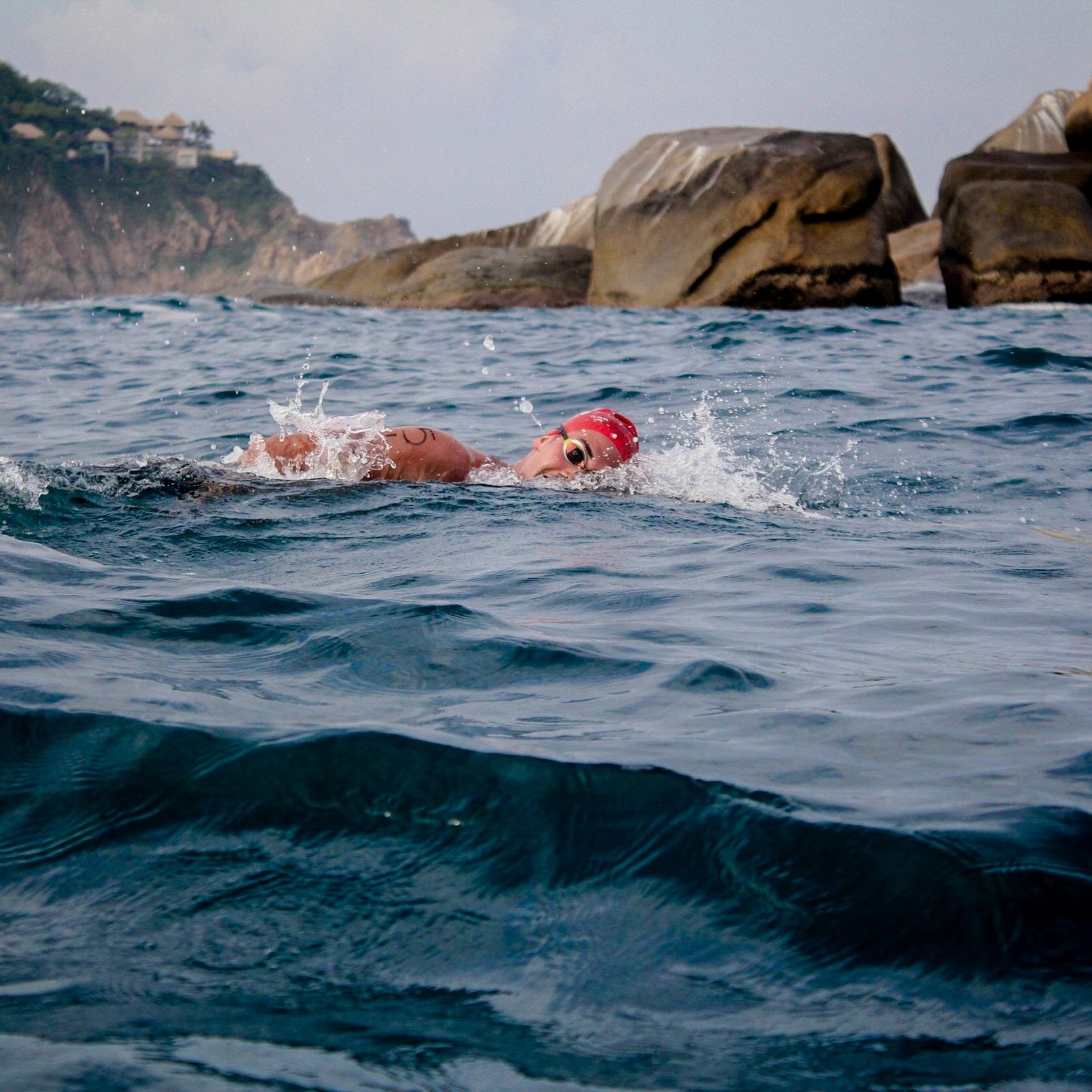Exercise and Immunity: Can outdoor exercise strengthen your immune system?

Words: Conan Marshall , contributing editor.
Recent years has given birth to a new wave of research into the potentials of outdoor exercise in boosting the body’s immune system.
But can simply staying active in the outdoors strengthen your immunity?
Photo: Alejandra Ezquerro
Boosting immunity is a hot topic right now. Chances are, you’ve been keeping tabs on the Coronavirus pandemic that has affected everyoneslives. Many individuals online are suggesting that those with a compromised immune system seem to be worst affected. What we know is that having a strong immune system is crucial in the fight against illness.
Exposure to cold water is beneficial
Assuming you quickly get warm afterwards and you’re not ill, cold water swimming is worth a try. From building mental fortitude to increasing metabolism, taking the plunge into the cold can have a variety of benefits. Research from the journal of Free Radical Biology and Medicine found that exposure to cold water raises the bodies level of glutathione, an antioxidant that contributes to the regulation of other antioxidants which helps to reduce a persons risk of cancer and heart disease.
“Outdoor swimming” or “Coldwater therapy” will change the Lymphatic system in your body, this ultimately affects the immune system. When you swim, lymph vessels contract, meaning your body flushes the waste out of your system. This, in turn, causes white blood cells to attack unwelcome substances.
Without doubt, there’s a whirlpool of benefits in regularly taking to the cold water. Even if your means of accessing a suitable place to swim is nil, cold showers have a multitude of health perks.
Waves of information (excuse the pun) on this stuff is online. Take a look at the Outdoor Swimming Society and the work of Wim Hof.
Cycling and running is important, but don’t over train
Aerobic exercise does contribute to a stronger immune system, just don’t overdo it. Plenty of theories and research papers give us reason to suggest this. A study published in the Journal of Sport and Medicine has highlighted a “compelling link between physical activity and the bodies defence system”, but warns of how overtraining can increase the risk of catching an illness.
To save you precious time clicking on web links, here’s a sciencey summary of the study:
Acute exercise is an immune system adjuvant that improves defence activity and metabolic health.
Data supports a clear inverse relationship between moderate exercise training and illness risk.
Exercise training has an anti-inflammatory influence mediated through multiple pathways.
Illness risk is increased in athletes during periods of intensified training and competition.
Habitual exercise improves immune regulation, delaying the onset of age-related dysfunction.
The truth is science is confident physical exertion is key. By googling the link between regular exercise and strong immunity you’ll find dozens of studies to enlighten you on the subject. Moderate running and cycling increases blood flow, improves your circulation, this means the circulation of protective cells throughout the body eliminating all the bad stuff.
It’s not just about resistance but deterrence too. From this physical activity, extra work by your respiratory system will flush bacteria out of the lungs and airways.
The more frequently you get outdoors, breath that fresh air and stay active, the stronger your immunity will inevitably be. It’s just worth mentioning again there’s a fine line between pushing your body to achieve greater resistance from viruses and suffering from an illness due to exhaustion.
Maybe I’m bias, but I have found all of this to be true from personal experience. It seems like those I know who are willing to dedicate a small section of their day to challenging their body through the trials of a run or a walk, seem to get ill less and stay happy.
It must be said, despite the importance of regular workouts on immune function, it’s not the definitive answer. Acute exercise is not immunosuppressive, rather it creates a more efficient resistance to bacteria and viruses. Your diet, genes, environment and lifestyle choices all remain factors in determining the strength of your immune system.

